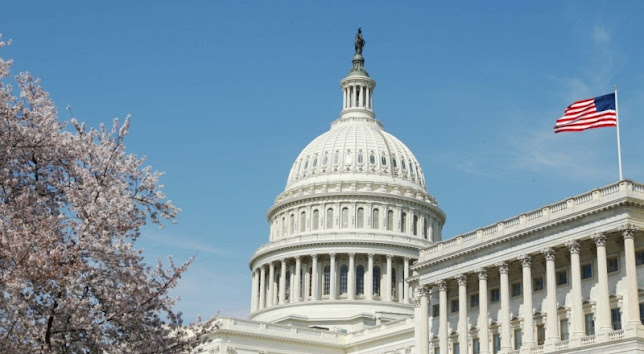5 Federal Programs to Support Small Business
There are several federal programs today that serve to help small businesses in accessing and performing government contracts. In fact, when it comes to government marketing, these business programs of the government helps to a large extent. Some government programs are designed to assist small businesses in general or give an impetus to entrepreneurs for starting and expanding business and others that are targeted at specific categories of small businesses specifically run by women, minority-owned as well as veteran-owned businesses.
Does the Government Provide Grants
Although
the federal and state governments do not necessarily provide grants for
starting and expanding small businesses, the U.S. government offers a wide
array of low-interest loans and venture capital financing programs to help
entrepreneurs start and grow their businesses. Moreover, some federal and state
agencies also give a limited number of grants for very specialized business
activities such as scientific research and development. While these are not
exactly the part of government marketing, they certainly help
you grow your strategy for business.
Following
are a list of such government programs to promote small
businesses:
SBA Loans
The
U.S. Small Business Administration is a federal agency and the single largest
financial backer for the country's small businesses operations. In recognition
of the fact that small businesses are critical to the growth and stability of
the economy of any nation, its aim is to counsel, aid, assist and protect the
interest of such businesses and maintain a free competitive enterprise thereby
strengthening and building the future of the country. It includes a portfolio
of business loans, loan guarantees, training and educational programs, advisory
services, publications, financial programs, contract assistance as well as
disaster management loans.
SBA
is not basically a lender and does not offer business loans. It is in
fact a guarantor of loans made by privately owned banks and other financial
institutions that agree to follow SBA's guidelines. To apply for an SBA loan,
you first need to go through a local participating bank or financial
institution. The loan application is like applying for a commercial loan,
structured according to SBA requirements, which receives an SBA guaranty.
USDA Loans
If
you own a farm and earn an income through agricultural means, the U.S.
Department of Agriculture (USDA) has a Business and Industry (B&I)
Guaranteed Loan Program that works in a similar manner as SBA loans. The USDA
provides guarantees of up to 80% of a loan made by a commercial lender and the
loan proceeds can be used for working capital, purchase of machinery and
equipment, buildings and real estate as well as some kinds of debt refinancing.
Similar to an SBA loan you are required to go through your local bank or
financial institution to apply for a B&I loan. Keep in mind that
agricultural produces comprise a significant part of the government
marketing contracts.
Small Business Investment Companies (SBIC)
These
were specially created to help small companies to raise capital. The
eligibility criterion for SBIC financing requires that your business meet
certain SBA size specifications like having a net worth of $18 million or less,
and after tax income on an average should not have exceeded $6 million in the
past two years. When applying for an SBIC, you must present a viable business
plan that includes your company operation, management, financial status and
funding requirements.
New Markets Venture Capital (NMVC) financing
If
your business is located in a low-income geographic area, you may be eligible
for NMVC financing typically modeled after the SBIC program. It makes equity
investments in small businesses located in economically distressed communities
in both, urban and rural areas.
Active Capital
Active
Capital is a nationwide listing service, which provides a platform for the
entrepreneurs, so that they can connect with angel investors keeping in terms
with the federal and state securities regulations. Potential investors can
obtain information on new and entrepreneurial as well as expanding small
businesses seeking $250,000 to $5,000,000 in venture capital. This is certainly
a top-notch government marketing strategy as it helps
businesses reach out to the federal buyers in a streamlined manner.





Comments
Post a Comment